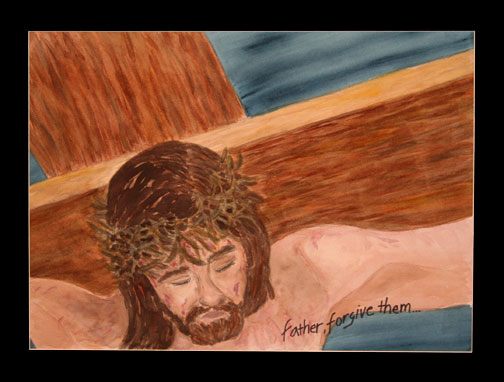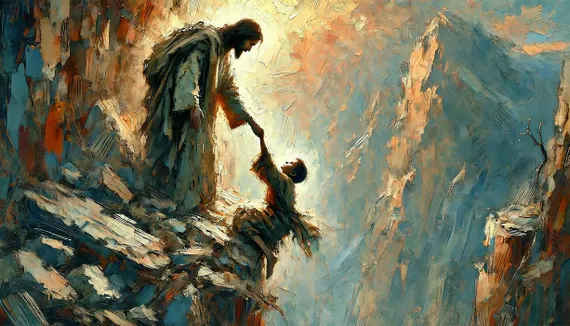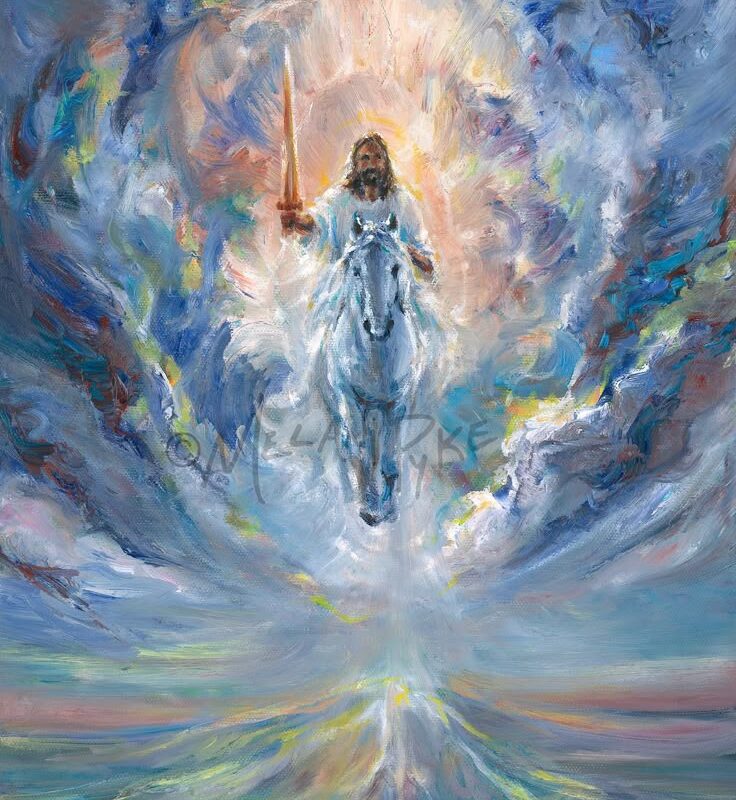Good Friday
“There Is Much Darkness”
(From the 2021 Holy Week Services with South Walker Baptist Church)
I can not deny nor ignore this current context in which we remember the death of Jesus. 2000 years later and the darkness of sin and death still shroud ther reality of Christ Jesus in our world. Tonight we come to look at the cross where Jesus is the victim of human injustice and wickedness. His arrest, trial, and death compose a great miscarriage of justice. We remember the events of this night as a struggle in which good and evil, principle and expediency, sacrifice and self-interest, love and hate all meet. Jesus is the victim of these unworthy forces in the human heart that cause his painful death — and for a while separated him from all creation, — but from which he rose to triumph over evil, now offering a life to his creation that only knows eternity with the Father. There is much darkness on Good Friday, a darkness well defined by the last seven phrases uttered by Jesus. I would like us to look closer at the spirit of this man from Nazareth, who stands before the world against all its brutality and sin, whose spirit is a light shining in and through this great darkness. Perhaps such a close examination may provide a ray of hope.
There is much darkness this night, darkness – darkness with substance, body and weight. There is the darkness of betrayal. In the first phrase, “Father, forgive these people, for they don’t know what they are doing,” we sense Jesus’ magnanimous spirit, stooping to a generous gesture towards his persecutors in the midst of his agony. They knew so little about Jesus, and this is why his words reveal to us the depth of his redemptive passion. This scene ought to cut in upon our own complacent discipleship until we pray, “Father, forgive us … for we know not what we do.”
There is the darkness of separation. The spirit of Jesus in his suffering, his compassion, his faith, drew one of the men on the adjacent cross into his presence. Jesus made it possible for this thief to see the mercy of God and to believe in the compassion of God. Characteristic of Jesus’ compassion, he turns and says, “Today, you will be with me in paradise. This is my solemn promise.” Paradise is open to those, who are conscious of their sin and guilt, hunger after righteousness, and seek the mercy of God through Christ.
There is the darkness of crucifixion. “Woman, behold your son! Behold your mother.” What compassionate thoughtfulness and tender care are in the midst of excruciating agony. Jesus’ reasons are deeper than sentiment. Mary never understood her son — nothing new here about parents and children! Mary found it hard to reconcile the course Jesus had taken. This is a terrible experience for a mother. Through this trying ordeal and years beyond, Mary would need understanding, and sustaining fellowship. Therefore, Jesus is concerned about her spiritual welfare, and commends her care to John, the beloved disciple.
There is the darkness of desertion. No more poignant words have ever wrung from human lips than came from Jesus in the midst of the crucifixion torment and torture: “My God, my God, why have You forsaken me?” Jesus suffered not only the terrible physical agony of a horrible, lingering death, but the greater torment of spiritual aloneness, a desperate feeling expressed in the twenty-second Psalm. Jesus was journeying in a direction no human had gone before, from which there was no turning back. For a moment how lonely and desperate he must have felt in this struggle against evil!
There is the darkness of evil’s torture. “I am thristy” are the only words from the cross that refer to Jesus’ physical suffering. How awful is the agony of thirst, especially in the hot, sweltering sun of Palestine; no part of Jesus’ body is free from pain. The loss of blood, the mounting fever, the unnatural sag of his unsupported body, the nails scraping exposed nerves, the swollen wounds and raw bruises, and the nauseating odor of dripping blood brought forth this cry of Jesus’ humanity, “I am thirsty.” Jesus endured the full measure of evil’s torment and torture. God sought our salvation through the Perfect Human Being – the Son of Man, not an angel, but through One who belonged to us and suffered at our hands.
There is the darkness of complete sacrifice. Finally, Jesus’ power to endure pain was exhausted which brought to his lips the parting cry, “It is finished.” To be sure, Jesus’ agony, ordeal, and testing were finished. His mission, his earthly work, and life were finished. The long painful path of duty and obedience to God’s purpose, which Jesus had followed so loyally, was terminated. Jesus fulfilled his mission. It was complete. And yet, despite the suffering … love and faith were still alive in him.
There is the darkness of death. The last phrase, “Father, I commit my spirit to you,” is the triumphant declaration of a confident faith putting Jesus’ complete loyalty in the hands of the Father. His entire life had been a venture in faith. Everything was at stake. Jesus gave to God a completely human instrument. He had been tempted to abandon it. Jesus had been assailed by doubts. Yet, he prayed, “Not my will but yours.” He entrusted his life and his work and now his future to God’s hands. This is the highest act of faith for any Christian; to do as did our Master: “Into your hands I commit my life with all its suffering and defeats and broken purposes, to be used and perfected by You, O God.”
Yes! There is much darkness on Good Friday.
The darkness of betrayal, the darkness of separation, the darkness of crucifixion, the darkness of desertion, the darkness of evil’s torture, the darkness of complete sacrifice, the darkness of death. Yes, there is much darkness tonight and we add to this darkness, because there is much darkness in this world, as well as in our own life. It ought to cause our hearts to tremble, because the sins that put Jesus on the cross cannot be dated. Fear of truth and goodness, intolerance and prejudice, hate and willful destruction of other people, cruelty and compromise were all there — and these are not dated.
Were you there when Jesus predicted one would betray him? Were you there when they forsook him and fled? Were you there when they shouted, “Crucify him!”? Own it! We were all there! In fact, it behooves us to ask ourselves: “Lord, is it I? Am I betraying You? With my words and my actions (or the lack thereof!) am I crucifying you anew?”
Within the deep darkness of night, let us acknowledge our small, weak faith. And in the light of Jesus’ victorious death, let us be challenged to seek God’s forgiveness, as well as renew our trust in God.
There is great hope in Jesus.
Death will be destroyed. In the death of Jesus Christ, God’s way in the world seemed finally defeated. But death was no match for God. The resurrection of Jesus was God’s victory over death. Death often seems to prove that life is not worth living, that our best efforts and deepest affections go for nothing. We do not yet see the end of death. But Christ has been raised from the dead, transformed, and now calls us brothers and sisters. In his resurrection is the promise of ours. We are convinced the life God wills for each of us is stronger than the death that destroys us. The glory of that life exceeds our imagination but we know we shall be with Christ. So we treat death as a broken power. Its ultimate defeat is certain. In the face of death we grieve. Yet in hope we celebrate life. No life ends so tragically that it’s meaning and values are destroyed. Nothing, not even death, can separate us from the love of God in Jesus Christ our Lord.
Prayer: Holy God, as we come tonight to remember the suffering and death of our Lord Jesus Christ, grant that we may remember that Jesus was wounded for our transgressions; Jesus was bruised for our iniquities. The chastisement of our peace was upon Jesus, and with his stripes we are healed. Grant that we may confess our share in the sins that crucified Jesus, and also be partakers in the reconciliation that Jesus made possible. So may it be. Amen. — Pastor Mark




